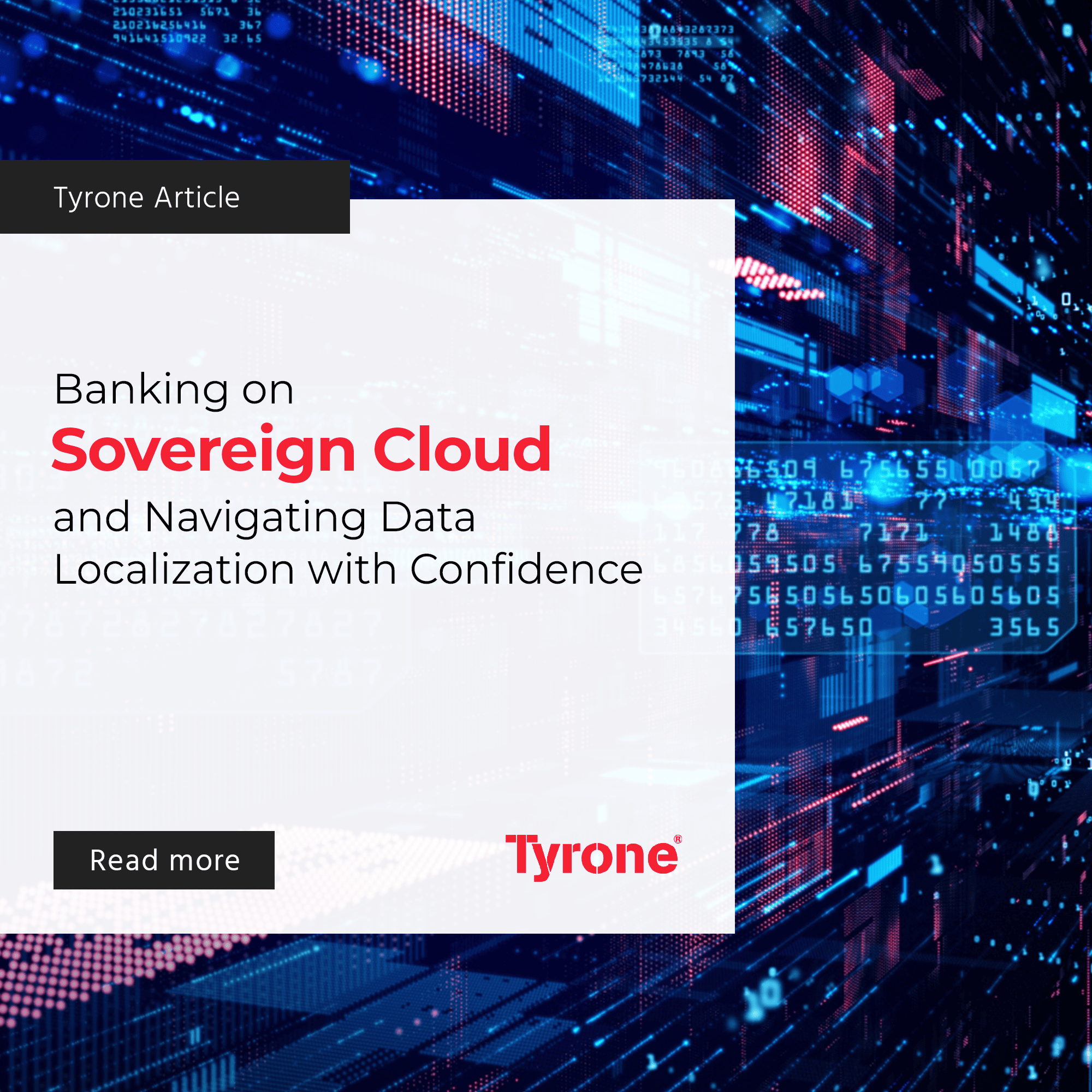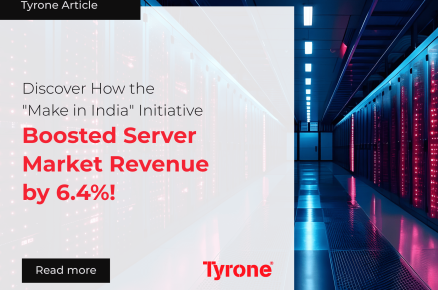Introduction
In an era where digital transformation is accelerating rapidly, the banking industry finds itself at the intersection of innovation and regulation. Key among the transformative technologies reshaping the sector is cloud computing. Yet, while cloud adoption offers immense benefits, it also brings complex challenges, particularly around data sovereignty and localization. This article explores how banks can leverage sovereign cloud solutions to navigate data localization with confidence, ensuring compliance, security, and operational efficacy.
The Promise of Cloud Computing in Banking
Cloud computing stands as a digital cornerstone in modern banking, promising reduced operational costs, enhanced data processing capabilities, and superior scalability. According to an overview published in the European Journal of Molecular & Clinical Medicine, cloud technology provides substantial cost reductions and improved data handling capacities, which are critical for banks operating in an increasingly competitive market. These advantages are crucial for banks aiming to innovate and scale without the constraints of traditional IT infrastructure (Source: ResearchGate).
Data Localization: A Regulatory Imperative
Data localization mandates are becoming increasingly prominent worldwide. These laws require data generated within a country to be stored and processed within its borders. Indian regulators, for instance, emphasize that data localization is crucial for ensuring responsible and transparent data use, along with robust privacy protections. This perspective, detailed in a Forbes article, highlights the regulatory landscape that foreign companies must navigate to operate in countries with stringent data localization requirements (Source: Forbes).

Navigating Data Sovereignty with Sovereign Clouds
What Are Sovereign Clouds?
Sovereign clouds are specialized cloud environments designed to meet specific regulatory and compliance needs related to data sovereignty. These clouds ensure that data remains within a specific geographical boundary and is subject to local laws. For banks, adopting sovereign cloud solutions can provide a compliant and secure avenue for managing sensitive financial data.
Benefits of Sovereign Clouds
- Regulatory Compliance: Sovereign clouds ensure compliance with local data protection laws, reducing the risk of regulatory penalties.
- Enhanced Security: By localizing data storage and processing, banks can better control data access and implement stringent security measures.
- Operational Efficiency: Cloud providers offering sovereign cloud solutions often integrate advanced technological frameworks (such as AI and machine learning) that enhance operational efficiency and support innovative banking services.
Strategic Implementation of Sovereign Clouds in Banking
Assessing Requirements
Before implementing sovereign cloud solutions, banks must assess their specific requirements related to data management, compliance obligations, and operational goals. This assessment should consider the regulatory landscape, potential risks, and the technological capabilities of available cloud services.
Choosing the Right Cloud Partner
Selecting a cloud provider capable of delivering on sovereign cloud promises is crucial. Gartner’s forecast emphasizes that hyperscalers supporting sovereignty, privacy, and sustainability are well-positioned to capture new revenue opportunities. Therefore, banks should partner with cloud providers that offer robust sovereignty features, including data residency, local data processing, and compliance assurances (Source: Gartner).
Integration with Existing Systems
Integrating sovereign cloud solutions with existing banking systems requires careful planning and execution. This integration should ensure minimal disruption to ongoing operations while enhancing data governance and security protocols. Automated tools and APIs offered by cloud providers can facilitate seamless integration.
Ensuring Continuous Compliance
Compliance is not a one-time achievement but an ongoing process. Banks must establish continuous monitoring mechanisms to ensure they remain compliant with evolving local regulations. This requires regular audits, updating compliance policies, and leveraging the cloud provider’s compliance tools and services.
Leveraging Industry Cloud Platforms for Enhanced Outcomes
What Are Industry Cloud Platforms?
Industry cloud platforms combine various cloud services (SaaS, PaaS, IaaS) into tailored solutions that address industry-specific business outcomes. Gartner predicts that by 2027, over 70% of enterprises will use industry cloud platforms to accelerate their business initiatives, a significant increase from the current adoption rate (Source: Gartner).
Application in Banking
For the banking sector, industry cloud platforms can offer specialized solutions that enhance customer experience, streamline operations, and support regulatory compliance. By integrating generative AI (GenAI) models, these platforms can further tailor services to meet the diverse needs of the banking industry, addressing scalability and cost-effectiveness challenges.
Building Trust Through Data Localization Initiatives
Why Trust Matters in Fintech
Consumer trust in digital financial services remains a pivotal issue. Despite the growth of fintech solutions, trust in digital banking is often hampered by concerns over data privacy and security. However, as explored in a Forbes Council article, localizing fintech apps can be a game-changer in building consumer trust. Localization efforts ensure compliance with local laws, meet customer expectations for data privacy, and enhance the overall security of financial transactions (Source: Forbes).
Practical Steps for Building Trust
- Transparency: Clear communication with customers about how their data is protected and used builds trust.
- Local Partnerships: Collaborating with local tech firms and regulatory bodies can enhance compliance and foster a positive image.
- Customer Education: Educating customers on the benefits of data localization and security measures being implemented can alleviate privacy concerns.

Conclusion
Navigating the complexities of data localization and sovereignty is essential for banks to leverage the full potential of cloud computing. By adopting sovereign cloud solutions and focusing on industry-specific platforms, banks can not only ensure regulatory compliance but also drive innovation and trust. As cloud technology continues to evolve, strategic implementation and continuous compliance will remain central to achieving sustainable growth and competitive advantage in the banking industry.












